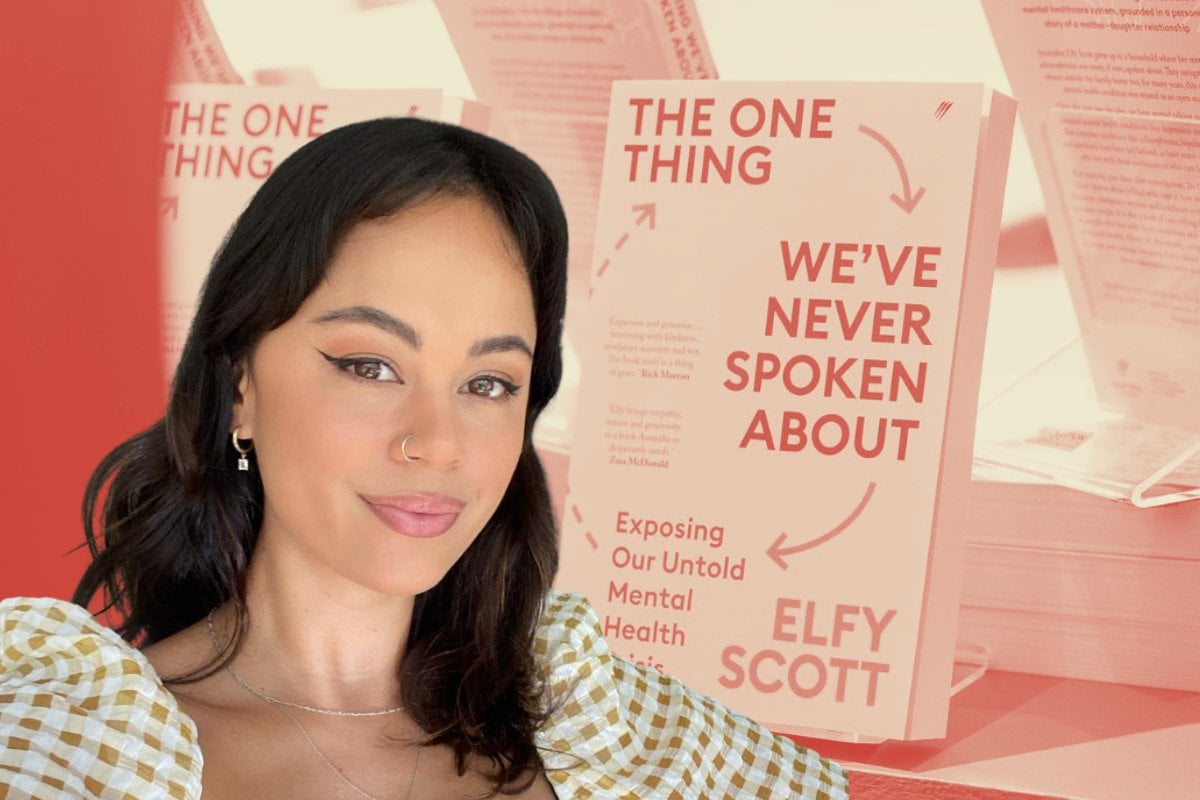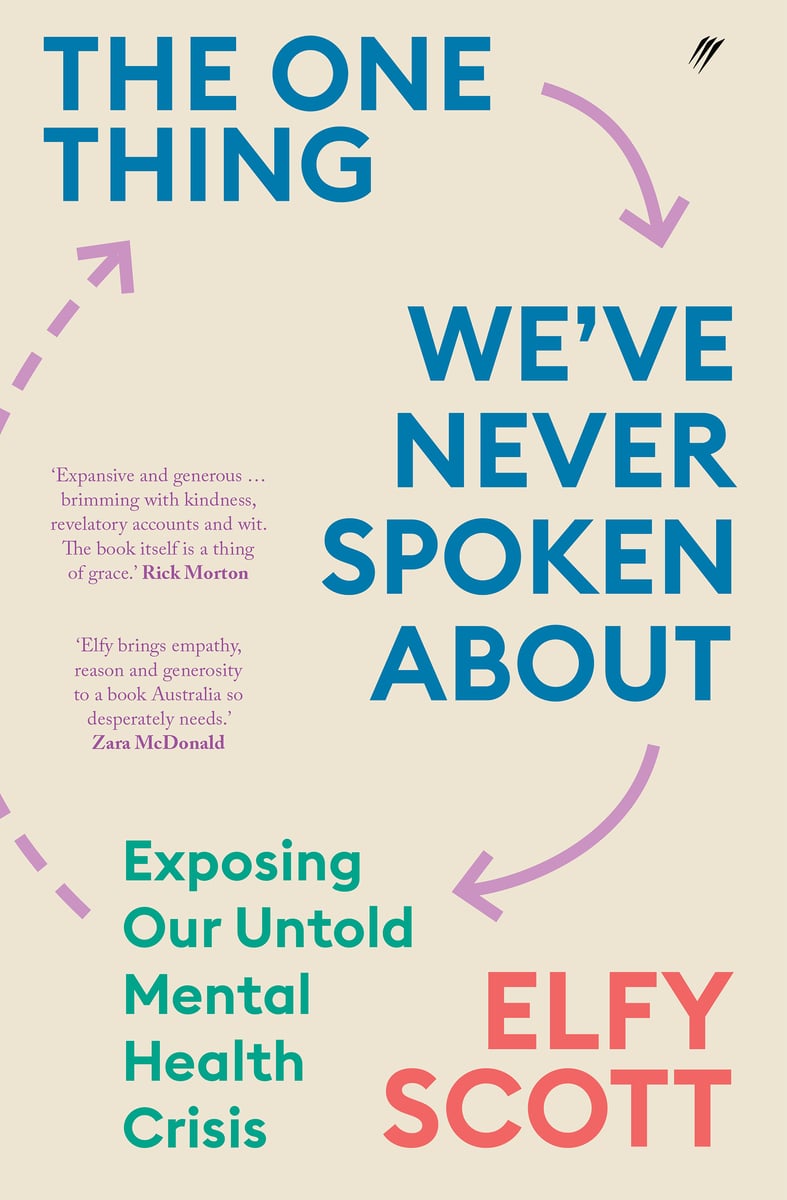
This is an edited extract from The One Thing We've Never Spoken About, an investigation into the failings of Australia’s mental healthcare system, grounded in a personal story of a mother–daughter relationship.
World Schizophrenia Day is May 24th.
Few people speak openly about schizophrenia. We don’t speak openly about it because to do so is to put fear in the heart of those you’re speaking to.
For many of us, the word ‘schizophrenia’ alone elicits thoughts of a nightmare, a killer, something to be avoided, to run from. Saying it out loud rarely makes us think of a mental health condition in the same way that hearing someone is depressed or anxious might, and it rarely sparks feelings of genuine empathy.
Watch: The Basics & Befriending the Beast. Story continues below.
And since so few people speak openly about schizophrenia, its cultural identity is distorted by myths and misconceptions. The truth is, the schizophrenia many of us think we know fails to reflect the reality of the schizophrenia that most people experience.
The lack of public dialogue is a two-way street: we don’t get the education we need about schizophrenia, so we don’t speak about it; we don’t speak about schizophrenia, so we don’t get the education. You’ll find these kinds of frustrating, catch-22 cycles throughout my book, The One Thing We've Never Spoken About, and it should become increasingly obvious how much we need to break them.



Top Comments